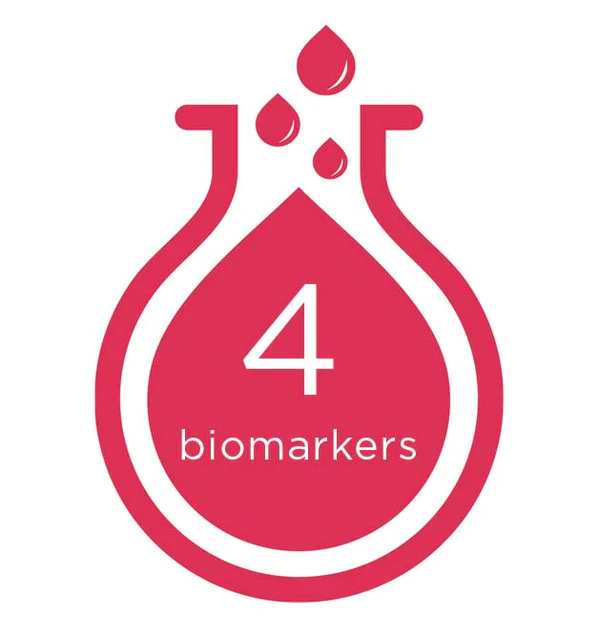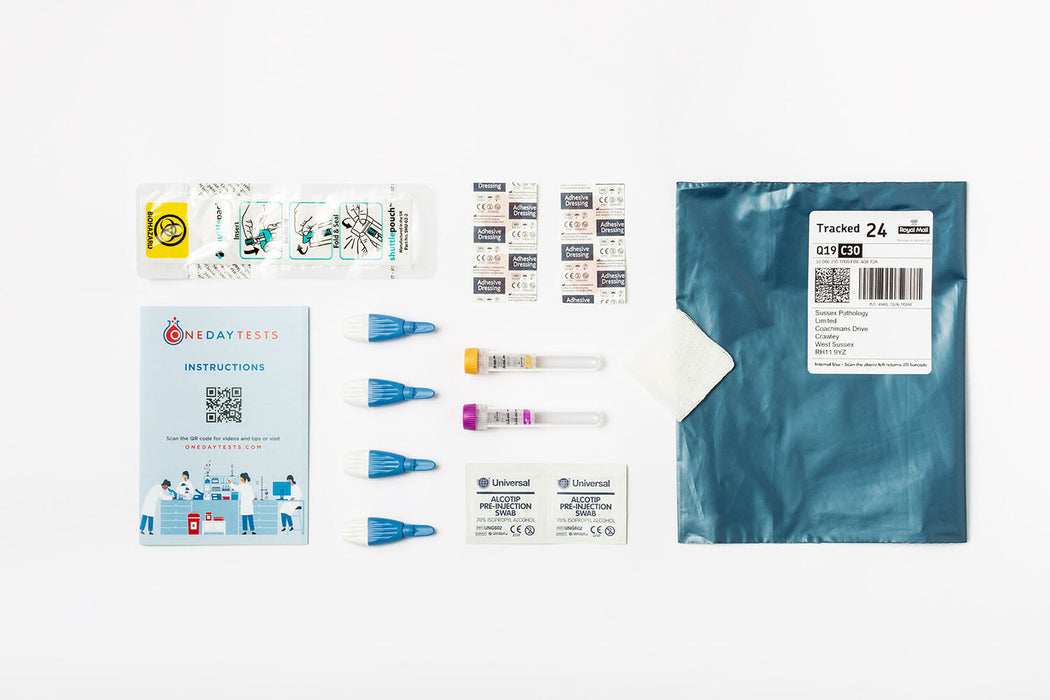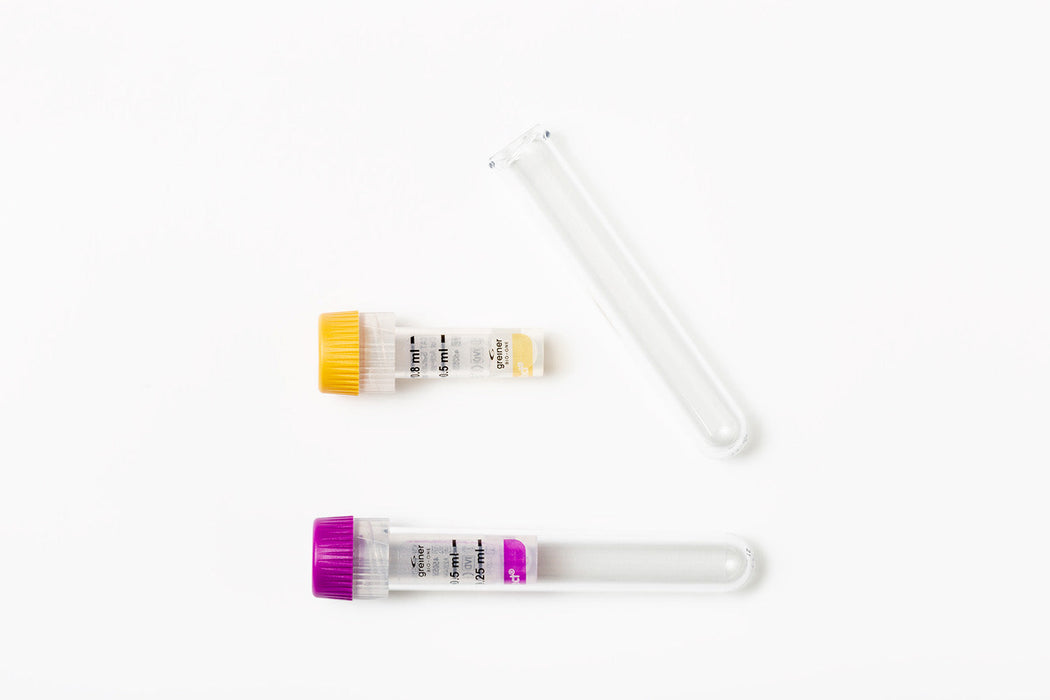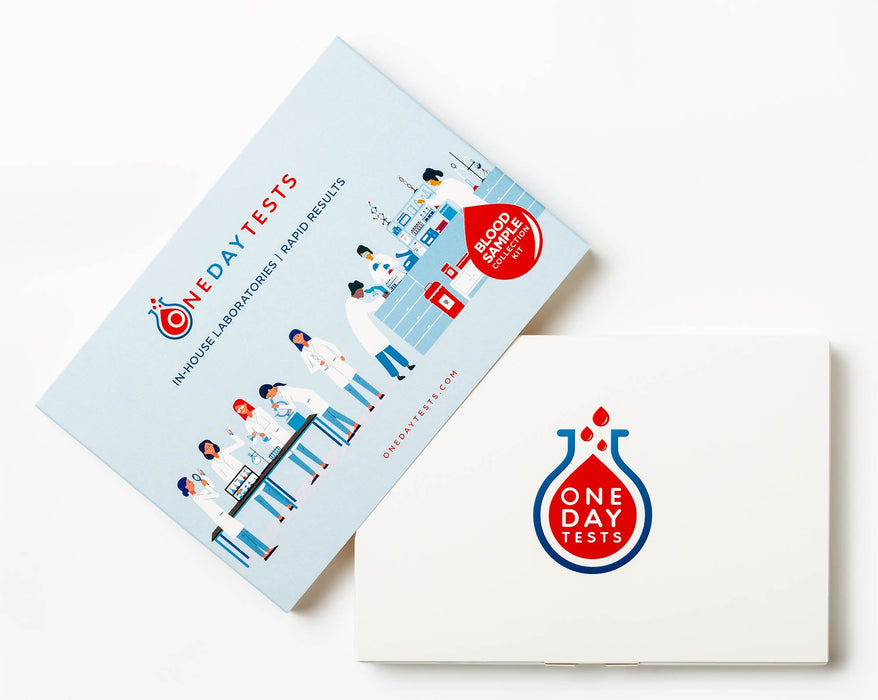What is it?
A total iron-binding capacity (TIBC) test measures the capacity of the cells in your blood to attach to iron and transport it around the body. This measure is used in our calculation of the transferrin saturation.
Transferrin is a protein made in the liver. It couples up with iron and transfers (hence the name) it around the body, hence regulating the absorption of iron into the blood. TIBC relates to the amount of transferrin that is available to bind to iron.
Reference ranges
If your indicative TIBC level is lower than the reference range for our laboratory:
If you have elevated iron concentration in your body, outside of the reference ranges, for example, this may imply a condition such as haemochromatosis. So your iron levels will be high and consequently your TIBS will be low (or closer to normal), as there are is not much unbound transferrin left in your blood.
You should discuss how to manage your iron levels and this result with your GP.
If your indicative TIBC level is higher than the reference range for our laboratory:
If you have iron deficiency anaemia (meaning you lack iron in your blood), your iron level will be low but your TIBC will be at a higher level, because there is lots of unbound transferrin, looking for iron to bind to and not finding it.
You should discuss how to manage your iron levels and this result with your GP.















